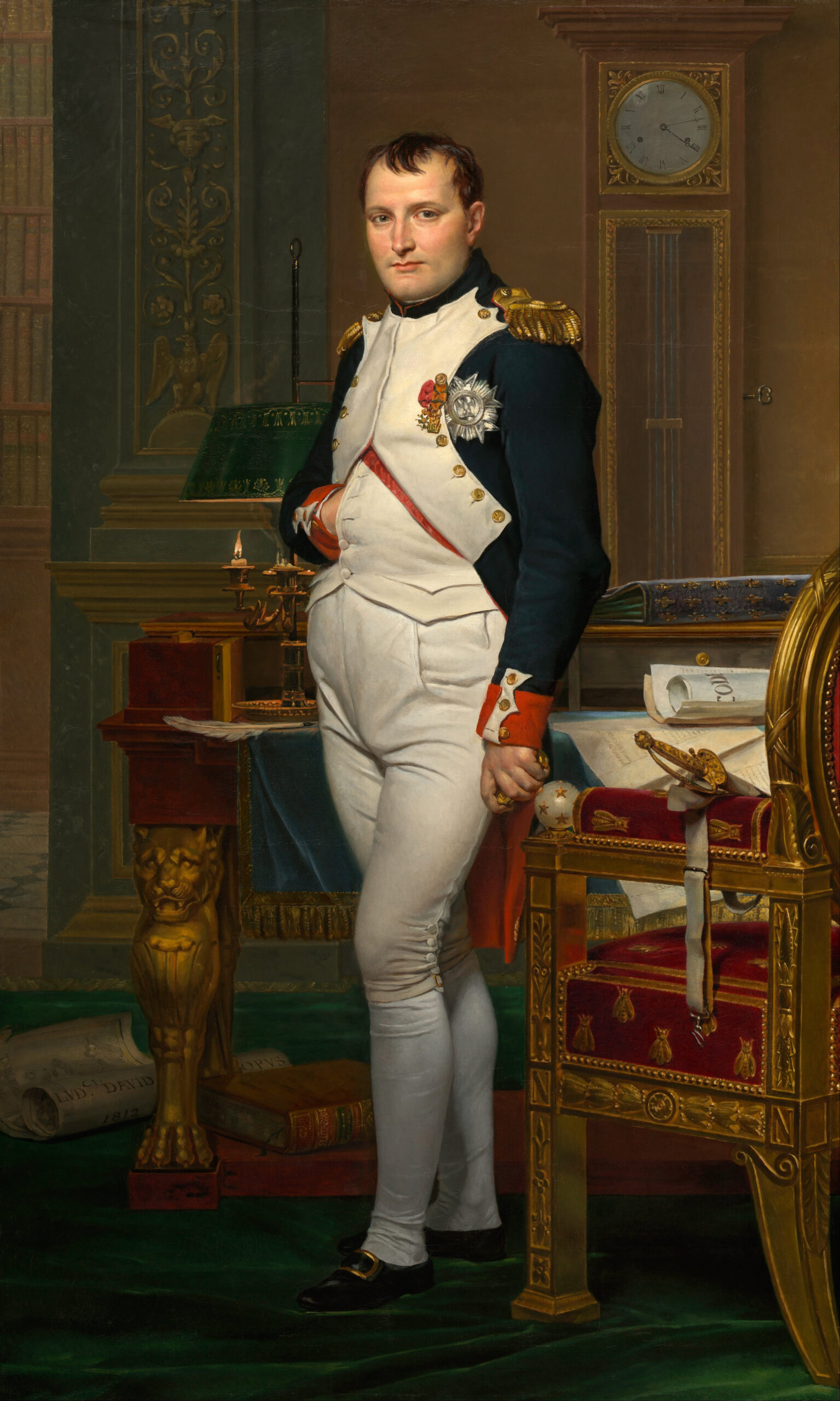What happens when computer scientists want to figure out what would once have been a hypothetical question? Like, say, “Who was the most important person in the history of the world?” They think like Google:
We rank historical figures just as Google ranks webpages, by integrating a diverse set of measurements about their reputation (including PageRank, article length, and readership) into estimates of their fame, explained by a combination of achievement (gravitas) and celebrity. We correct for the passage of time in a principled way, so we can fairly compare the significance of historical figures of different eras.
I’ll just tell you — Shakespeare comes in at #3. #1 probably won’t surprise many people, but I think that #2 might.
There’s a link right to their WhoIsBigger site, which looks like it could be fun to play with. It looks like it might be broken, though — I’m in “American Writers” and the top category is dominated by Howard Stern, Angelina Jolie, director Ed Wood and professional wrestler Jon “JBL” Leyfield. I don’t even know what category that’s *supposed* to be.
They also have a book Who’s Bigger?: Where Historical Figures Really Rank
, which could probably be some interesting bathroom reading material for that college student relative you haven’t bought for yet. 🙂



I'd like to see a study on whether or not some of the "top" figures would have been listed at all, had the human race chosen to pay closer attention to, and heed some of, those who are ranked below them.